Net-zero emissions split widens in Coalition
Federal Liberal MP Garth Hamilton has joined his Queensland National colleagues in opposing the Morrison government’s proposed net-zero emissions target.
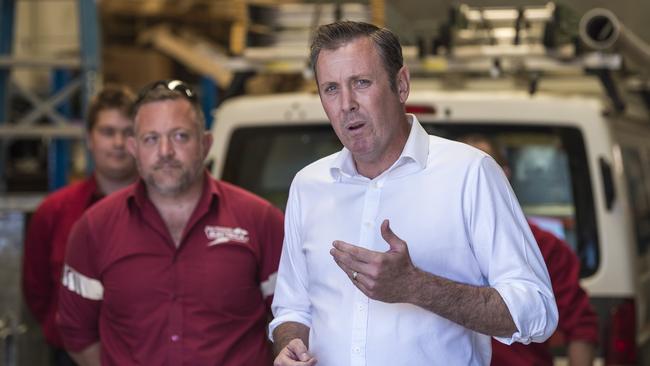
Federal Liberal MP Garth Hamilton has joined Queensland Nationals colleagues in voicing opposition to the Morrison government’s proposed net-zero emissions target.
The first-term Toowoomba-based MP is one of several Queensland Coalition parliamentarians to publicly criticise the proposal to mandate a net-zero target by 2050, which has received a renewed push ahead of the Glasgow climate summit in November.
Opposition to the target has widened a split within the party and particularly among Queensland LNP politicians, including Matt Canavan and George Christensen, threatening the stability of the Coalition heading into a federal election.
Resistance to climate action over the past decade has largely been led by Nationals in the resources state, with federal Labor’s dismal performance in Queensland at the last election partly blamed on its mixed messages around the coal industry.
Mr Hamilton told the Federal Divisional Council in his Groom electorate, which has opposed a net-zero target, that he shared their concerns about the effects on the local beef and mining industries. In a letter, he said he had raised his concerns about the “apparent change in policy direction” with Energy Minister Angus Taylor and Josh Frydenberg on Saturday.
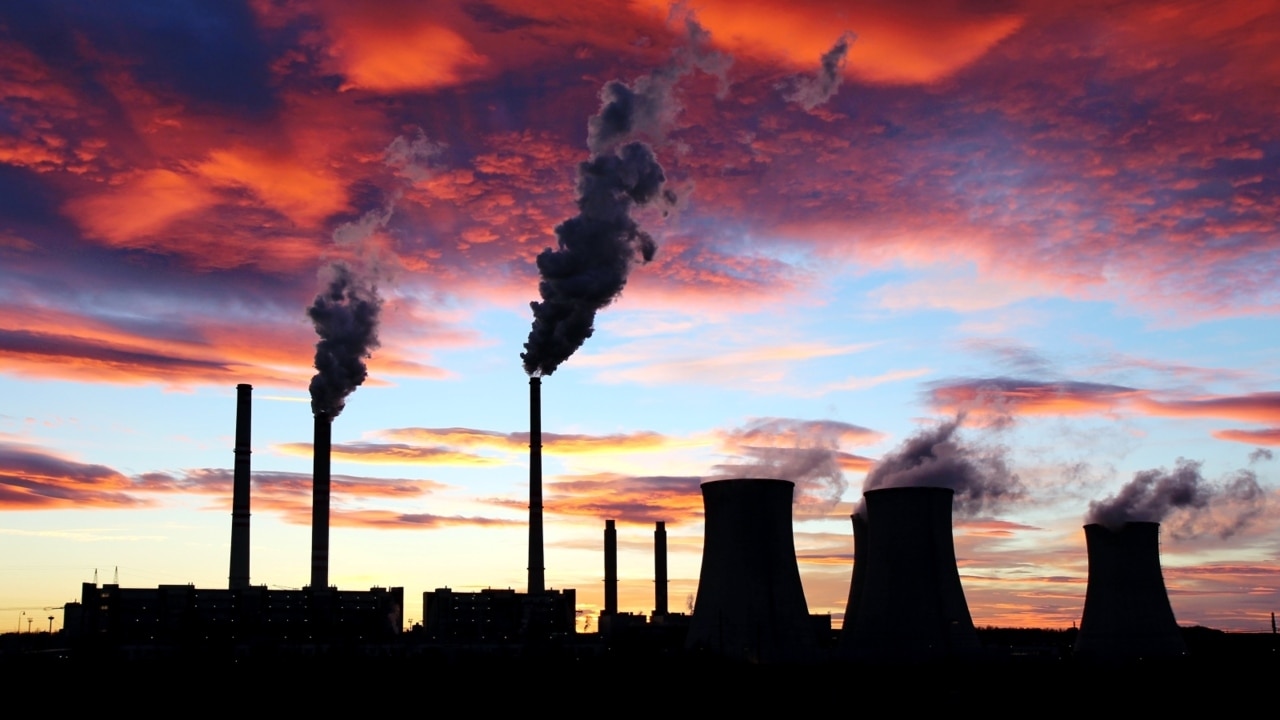
“I pointed out that emissions reductions can’t become a euphemism for jobs reductions,” he said. “In Groom, we have experienced first-hand the impact of Labor’s position on emissions reduction at the New Acland (coal) Mine where hundreds of jobs have been needlessly lost.
“Net zero won’t reduce the amount of baristas in Melbourne but it has already reduced the number of miners in Oakey. This is not a theoretical issue for us.”
Mr Hamilton, who supports existing targets, said the response from Mr Taylor and the Treasurer “gave me some cause for optimism … There is a big difference between net zero emissions Australia-wide and net-zero emissions on an industry by industry or business by business basis. I made it clear that I firmly oppose the latter.
“A well thought-out and responsible energy policy has already been laid out before us and I would expect that we wouldn’t stray from it now.
“There are real consequences for regional communities if emissions reduction becomes a grandstanding competition and I will continue to ensure this is front of mind for our leaders.”
Mr Hamilton’s Brisbane-based colleague Julian Simmonds, who represents the seat of Ryan, which recorded a 20 per cent Greens vote in 2019, said he supported the push for net zero by 2050.
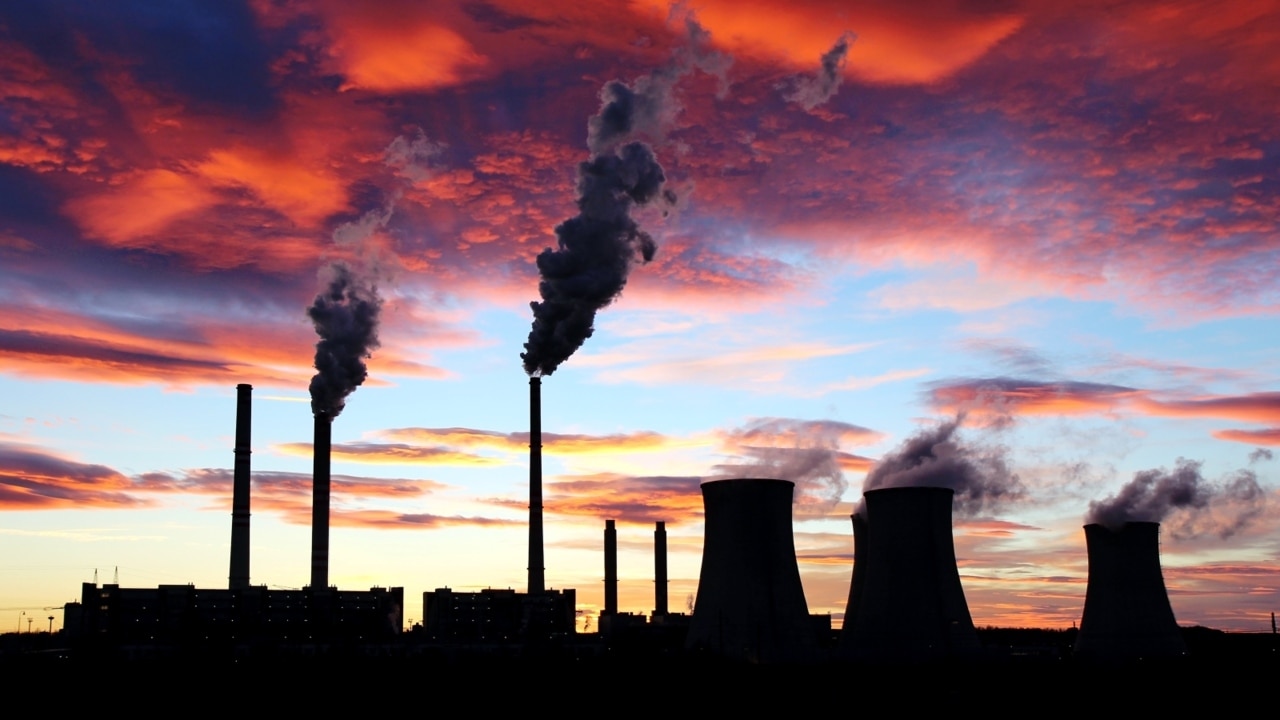
“As the PM has said, it’s not about when, it’s how, and we will have a plan to do it without costing jobs or burdensome taxes,” he said.
Queensland Liberal senator Gerard Rennick warned Scott Morrison that signing up to the emissions reduction target would be a “betrayal”.
“Scott Morrison became leader because the partyroom rejected signing up to a carbon tax and targets in the past,” he said.
“He has no right to betray that trust now, especially to rural Queensland who supported the Coalition promise to protect jobs at the last election.”
Senator Rennick, who denied the existence of man-made climate change, said he opposed the target because there was “no detail as too how we are going to get there.
“Furthermore, there are no models or laws proving that even if net zero is reached, the temperature will even decrease.”
He said he would have supported the net zero approach if Australia had ceased its opposition to nuclear power and committed to building more dams.
Senator Rennick also raised the shutdown of the New Acland thermal coalmine near Toowoomba, which is winding down production and will be mothballed in October while awaiting approvals from the Palaszczuk government after more than a decade.



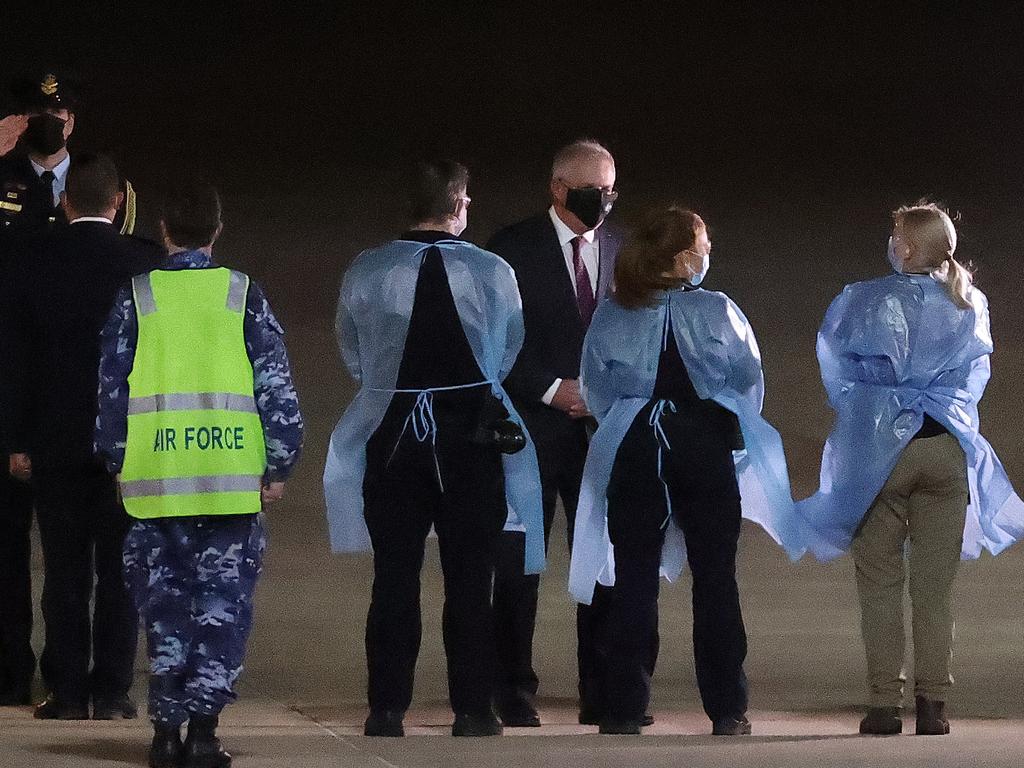

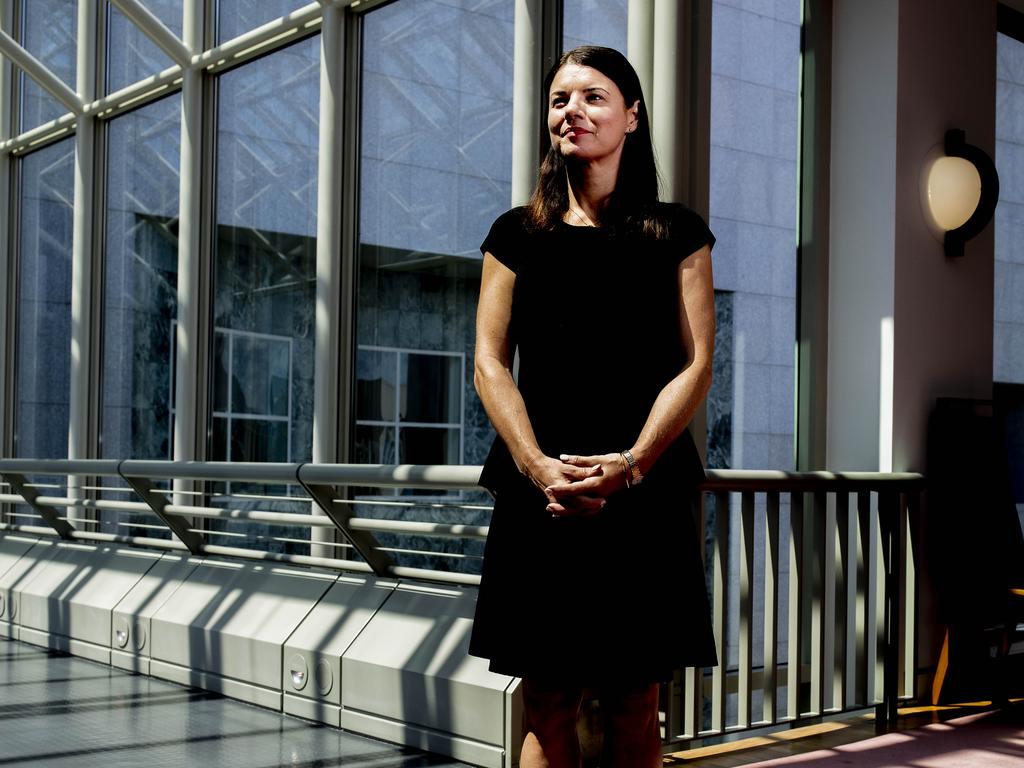


To join the conversation, please log in. Don't have an account? Register
Join the conversation, you are commenting as Logout